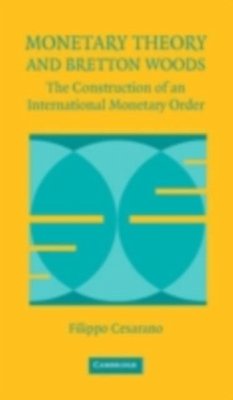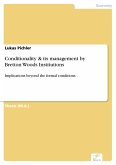Over the twentieth century monetary theory played a crucial role in the evolution of the international monetary system. The severe shocks and monetary gyrations of the interwar years interacted with theoretical developments that superseded the rigid rules of commodity standards and led to the full-fledged conception of monetary policy. The definitive demise of the gold standard then paved the way for monetary reconstruction. Monetary theory was a decisive factor in the design of the reform proposals, in the Bretton Woods negotiations, and in forging the new monetary order. The Bretton Woods system - successful but nevertheless short-lived - suffered from latent inconsistencies, both analytical and institutional, which fatally undermined the foundations of the postwar monetary architecture and brought about the epochal transition from commodity money to fiat money.
Dieser Download kann aus rechtlichen Gründen nur mit Rechnungsadresse in A, B, BG, CY, CZ, D, DK, EW, E, FIN, F, GR, HR, H, IRL, I, LT, L, LR, M, NL, PL, P, R, S, SLO, SK ausgeliefert werden.









